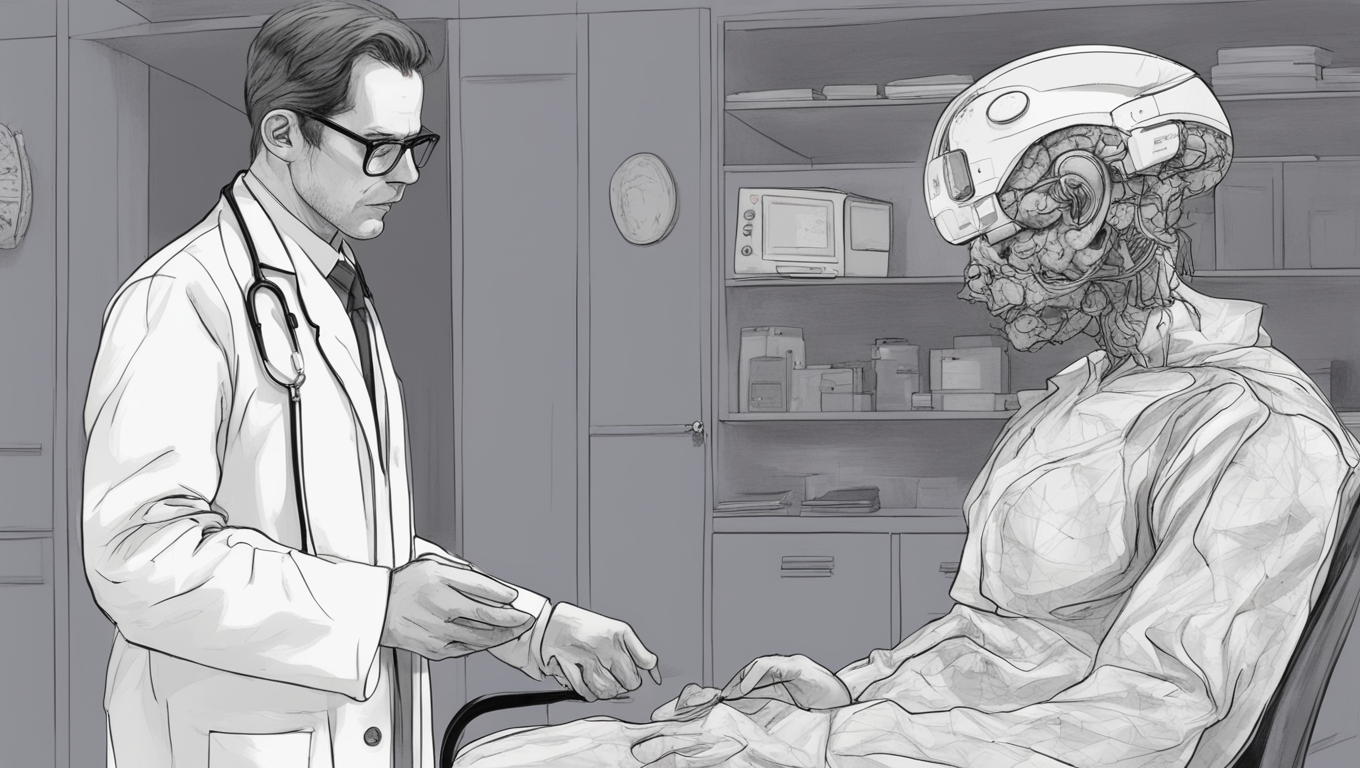Two out of three physicians have expressed concerns about the use of artificial intelligence (AI) in making diagnosis and treatment decisions, according to a recent survey conducted by Medscape. The survey, which involved 1,043 physicians from 29 specialties, revealed that 65% of the respondents are either “very” or “somewhat” concerned about the influence of AI in their field. On the other hand, 36% said they were “not very” or “not at all” concerned.
The survey also shed light on physicians' attitudes towards AI in the workplace. It found that 42% of the physicians surveyed were “enthusiastic” about AI’s future, while 30% were “neutral,” and 28% were “apprehensive.” This indicates that there is a mixed reaction among healthcare professionals when it comes to AI.
Former Food and Drug Administration (FDA) Commissioner, Scott Gottlieb, has previously highlighted the potential for AI to take over certain aspects of doctors' jobs. In a July op-ed, Gottlieb wrote, “The inevitable question isn’t so much if, but when these artificial intelligence devices can step into the shoes of doctors. For some tasks, this medical future is sooner than we think.” This statement reflects the growing prominence of AI in the medical field and the need for physicians to adapt to this changing landscape.
Interestingly, the survey results also showed that age plays a role in physicians' attitudes towards AI. Younger doctors were found to be less enthusiastic about the technology’s future in the workplace, with only 35% of doctors under the age of 35 expressing enthusiasm compared to 47% of those aged 45 to 54. This suggests that there may be generational differences in how physicians perceive and embrace AI.
Despite concerns expressed by physicians, the survey also revealed that many doctors see the potential benefits of AI as a partner in diagnosis and treatment. Fifty-six percent of respondents said they were “very” or “enthusiastic” about AI as an adjunct in their practice, while 44% expressed apprehension. This highlights the potential for AI to assist physicians in areas such as data analysis and decision-making.
It is important to note that the survey was conducted from July 12 to August 11 and had a sampling error of 3.03% at a 95 confidence percent level. Nevertheless, it provides valuable insights into the current sentiments and perspectives of physicians towards AI in healthcare.
As AI continues to advance and become more integrated into the medical field, it is crucial for healthcare professionals to have a comprehensive understanding of its capabilities and limitations. This includes addressing concerns and ensuring that AI is used in a responsible and ethical manner. By embracing AI as a valuable tool, physicians can leverage its potential to enhance patient care and improve medical outcomes. However, it is equally important to strike a balance between human expertise and the capabilities of AI, ultimately providing the best possible care for patients.





Use the share button below if you liked it.